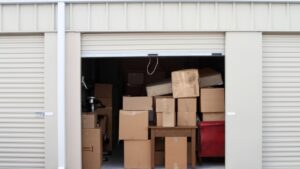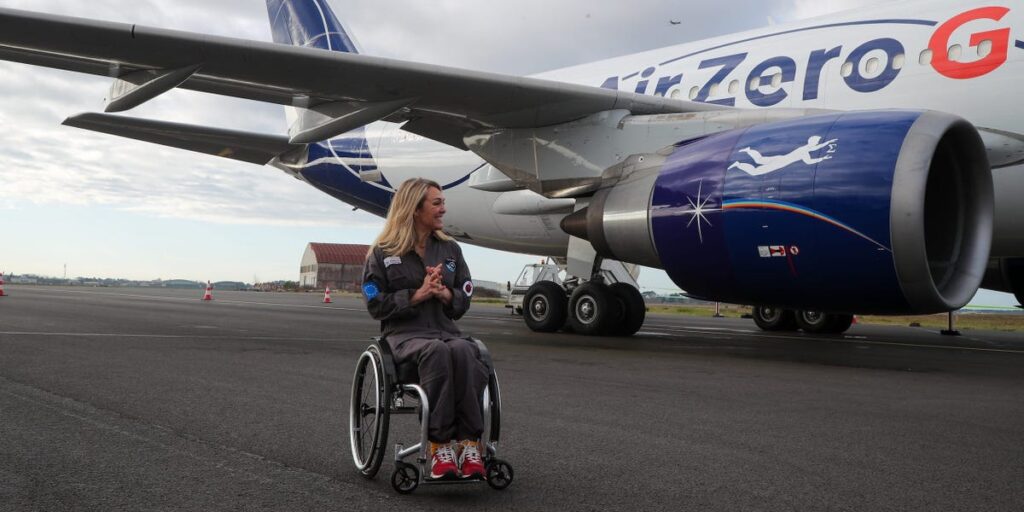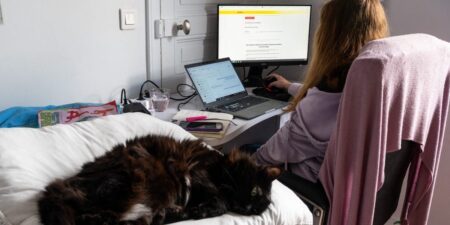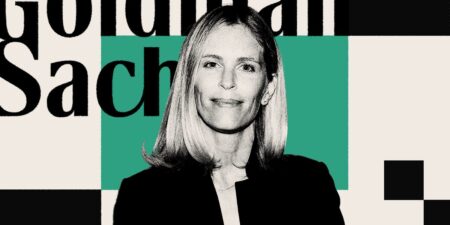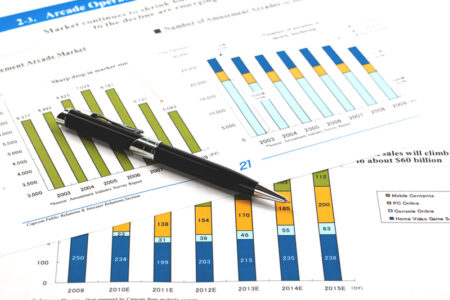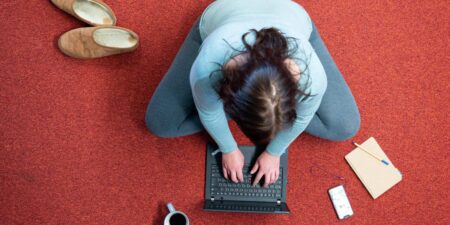This as-told-to essay is based on a conversation with Sophie Morgan, an NBC and Channel 4 presenter and travel writer. It has been edited for length and clarity.
I’m a TV presenter, travel writer, and disability advocate.
I was in a car crash when I was 18 years old that left me paralyzed from the chest down. I’ve been a wheelchair user for 21 years this summer, the majority of my life.
With my job as a TV host, I’ve flown all over the world. I love nothing more than to travel, but as a disabled person, flying often feels like a lottery — you never really know what you’re going to get.
Every time I fly, I dread it. Because of my disability, I always starve and dehydrate beforehand because I often can’t independently use the bathroom on board.
A survey from disability equality charity Scope found that one in four people who use a mobility aid say it has been lost or damaged while flying in the past five years.
For wheelchair users like me, your wheelchair getting broken is not just an inconvenience like having your luggage lost.
The experience of flying has, at times, been so horrendous that I’ve asked myself, why am I flying? It’s like returning to an abusive relationship.
Campaigning for change
In February 2023, I took a British Airways flight from the United States to Heathrow, London. My wheelchair had been transported in the hold in two separate pieces.
For some reason, somebody had decided to reattach them without knowing what to do and did so incorrectly. The chair broke, leaving the frame buckled and the attachment broken.
[When contacted by Business Insider, British Airways apologized for Sophie Morgan’s experience and said, “It’s extremely disheartening when things go wrong, and we don’t underestimate the impact this has. We’re committed to ensuring we deliver a consistently good service, and we’ll be working closely with Sophie and our dedicated accessibility teams to discuss how we can continue to make improvements to ensure a great flying experience for everyone.”]
Over the next year, the same thing happened twice more on different airlines at different times.
It was very, very frustrating. For wheelchair users like me, our wheelchairs are our legs. Your wheelchair being broken means you can’t leave the house, you can’t move, you can’t go to work, you can’t do anything.
I got fed up with seeing this destruction and chaos created by an industry that makes accommodations for all sorts of passengers but fails to accommodate disabled passengers.
Pets have more rights on flights than disabled people. So I thought enough is enough and decided to start the Rights on Flights campaign to try to raise awareness.
At the core of the campaign is improving the rights of all disabled flyers when we fly. We want to change the experience for every passenger who flies with a disability.
An open secret
We co-produced a documentary called “The Fight to Fly” with Hello Sunshine, the production company set up by Reese Witherspoon. In it, we organized three groups of disabled passengers to travel undercover at different times to different airports on the same day.
The results were chaos and confirmed what we, as the disabled community, know is happening all the time. This isn’t news to us, but to everybody else, it feels like a secret they haven’t been let in on.
I’m an optimist and believe in the future being more accessible. I also know now, having worked in this space for nearly two years, that there are people within the industry who are calling out for it too.
We’ve talked enough now about the spending power of disabled people for airlines to recognize there’s a financial gain for being more inclusive.
I think businesses, especially those with disabled employees who have to fly as part of their work, have a big role to play in this, too.
They have the power to tell the airline industry to get its act together and hopefully get them to change things for the better.
Read the full article here


